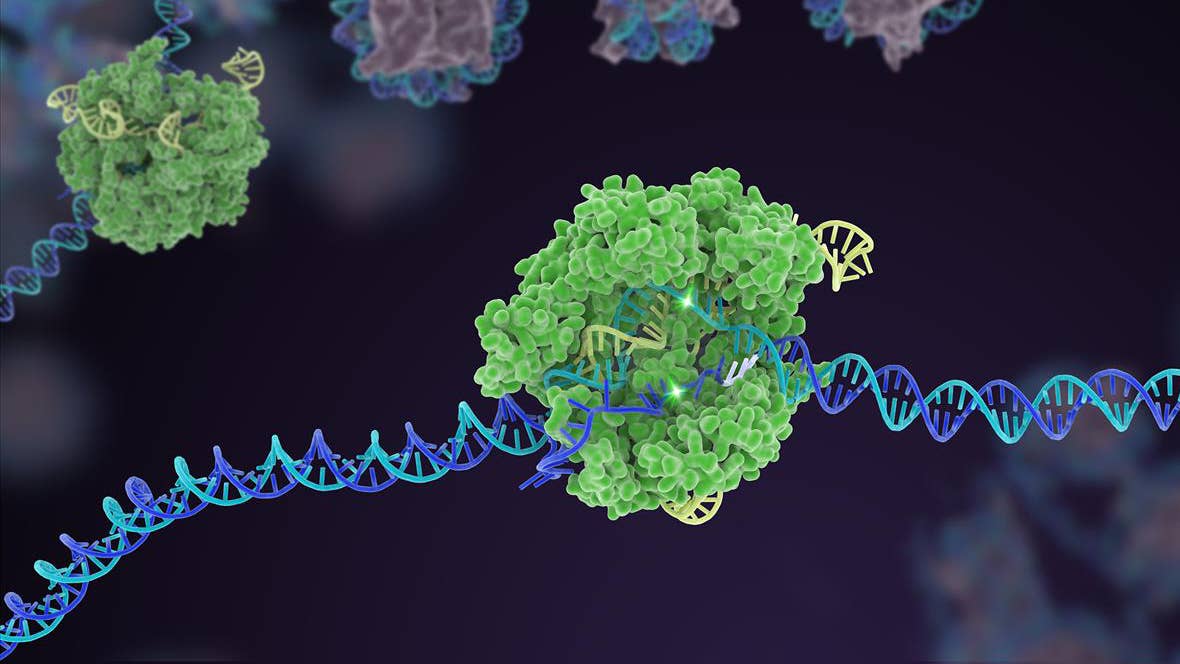Robots, Bioprinting, and the Future of Food [Video]

Share
Emerging technologies are shaking up how we grow food, distribute it, and even what we're eating. We are seemingly on the cusp of a food revolution and undoubtedly, technologies including artificial intelligence will play a huge role in helping people grow healthier, more resilient food faster and with less energy than ever before.
Rob Nail, Singularity University's CEO and Associate Founder, provides a few examples of how robotics, automation, and drones are transforming agriculture in this short video:
Emerging technologies are not without their issues though. On one hand, many regions around the world are struggling with food security and governance leaving new technologies out of reach. On the other hand, technologies like genetically-modified organisms (GMOs) have generated controversies around food safety, causing concerns and even bans in certain countries.
In this video, Marc Goodman, faculty Chair of Policy, Law, and Ethics at Singularity University, provides an overview of the thorny issues that emerge when considering food policy and security globally:
Be Part of the Future
Sign up to receive top stories about groundbreaking technologies and visionary thinkers from SingularityHub.


The future of food looks promising thanks in part to emerging technologies that are sure to bring both opportunities and risks to people all over the world. How things ultimately will play out is hard to say but with proper governance and transparency, the trends suggest a bountiful future for food.
This piece is part of Singularity University's initiative on Global Grand Challenges. To stay up-to-date on the latest insights and perspectives about exponential technologies, stay tuned for more videos from faculty perspectives shared at the Graduate Studies Program and Executive Programs.
[image courtesy of Shutterstock]
David started writing for Singularity Hub in 2011 and served as editor-in-chief of the site from 2014 to 2017 and SU vice president of faculty, content, and curriculum from 2017 to 2019. His interests cover digital education, publishing, and media, but he'll always be a chemist at heart.
Related Articles

What the Rise of AI Scientists May Mean for Human Research

This ‘Machine Eye’ Could Give Robots Superhuman Reflexes

Souped-Up CRISPR Gene Editor Replicates and Spreads Like a Virus
What we’re reading